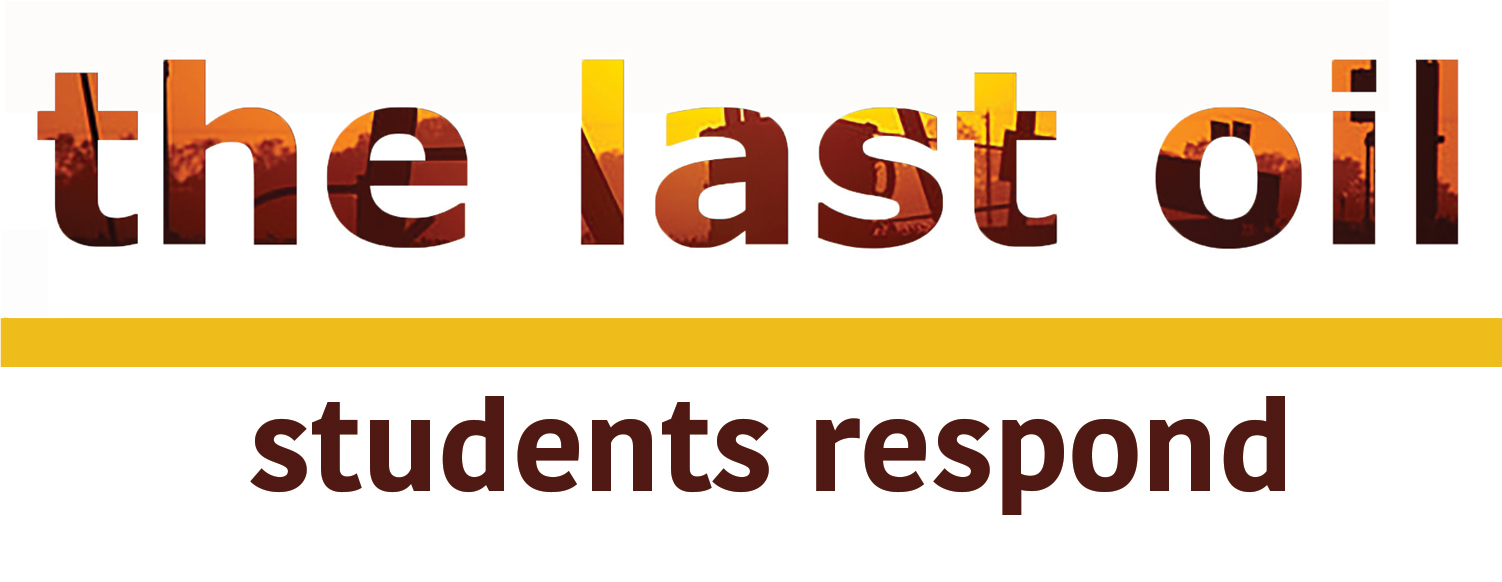

| I found myself wondering what would happen if the environmental racism in the Arctic received as much traction in the media as Standing Rock did. What if the nation—even the world—stood in solidarity with the native communities there? I have no doubt that people would be in support of the Gwich’in and Iñupiaq communities, as they are facing injustices that would rightly enrage anyone.—GABRIELLE HINDS-BROWN
Published on Indigenous Peoples’ Day, October 8, 2018, the last oil: students respond is a 220-page collection of sixteen responses to the symposium from UNM students. The book is designed by laura c carlson; all photographs are by nicholas b. jacobsen, unless indicated otherwise. UNM Newsroom: Elizabeth Dwyer. “Symposium book champions conservation efforts and Indigenous rights.” Read the article HERE.
Download the Book: low-res web quality pdf HERE | high-res print quality pdf HERE
Indigenous costumes and languages, images of strikingly beautiful wildlife, scientific data on climate patterns, chants and prayers, maps of the oil industry legacy, recordings of chirping birds, sounds of broken but powerful voices. These elements are solely a minuscule illustration of what the last oil encompassed, a far-reaching and comprehensive three-day event held at the University of New Mexico in Albuquerque. Running from February 21st through the 23rd of 2018, the symposium focused on our current climate crisis, addressing more specifically the Trump administration’s unreasonable energy policy on the Arctic.—LAIMA A. DÍAZ VEPSTAS Download the Book: low-res web quality pdf HERE | high-res print quality pdf HERE |